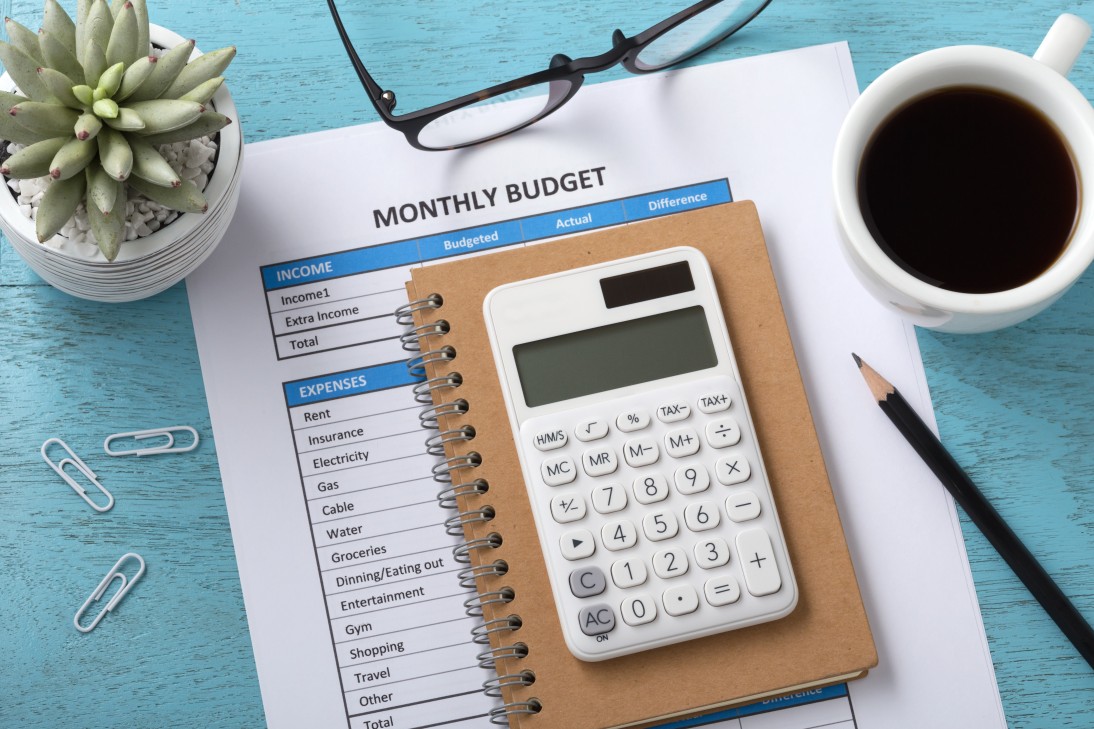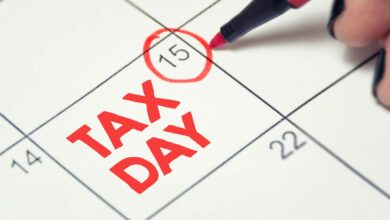Budgeting is an important financial tool. It helps you balance how much you spend each month with how much you earn. Using it you can determine how much you can afford to spend each month on a set of regular items.
Stick to your budget and you should come out just fine. But what do you do if your income varies during the year? Perhaps you run a business with an income that changes from month to month. Possibly you receive a commission that varies depending on your sales each month. Another scenario is that you work part-time, receiving different incomes each month.
Here are suggestions on how to budget with a variable monthly income from
myFICO, the consumer division of
FICO, a data analytics company based in San Jose, Calif.
Start with your expenses
Follow these steps to establish how much you will require each month for a variety of items on which you regularly spend your money.
• Enter the items that stay the same every month.
Among these will be your mortgage or rental payment, loans, telephone costs, cable TV or streaming services, and so on. Determining those amounts should be comparatively easy.
• Estimate items that change.
Expenses on utilities, food, and gas change from month to month. For example, your utility bills are likely to be seasonal and will be higher at some times of the year than at others depending on the region in which you live.
A way to work out what they will be for a year is to add up the monthly amounts and divide by 12.
Do the same with your grocery, gas, and other bills.
• Add in expenses that you incur less often.
Some bills are due only once or twice a year, such as gifts, vacation costs, vehicle registration, and property taxes.
Here, again, divide them by 12 and set aside a monthly amount for each.
• Allow for spending money.
Set up an amount that you usually spend each month on what can be called “fun money.”
• Allocate amounts for your savings.
You might be planning to buy a house. You could be storing away money to add to your retirement fund. You could be setting aside an amount equivalent to six months’ earnings as an emergency fund. Or you could be saving for a specific goal.
Clearly you should include these amounts in your budget.
Establish a fixed amount as your income.
Add up all the monthly items that you have set out in the expense side of your budget. If the total seems too much to you in the light of your average income, go back and try a different system, but ensure your spending amounts are realistic; it does not help to come up with a low estimate for, say, groceries and then find they cost more than that amount consistently each month.
Let’s say the total for your budget is around $3,000. If you earn $4,000 during a busy month, resist the temptation to go out and spend the $1,000—and do not alter your budget. Instead, put the additional money in a special savings fund. During those months when you earn less than $3,000, draw on that special fund to make up the difference.
Above all, resist the temptation to spend any excess on something you do not really need. Remember that you might be faced with a lean month in which you earn less. Where will you turn then for the money to make up the difference?
By drawing up your budget in this way you can add some predictability and confidence to your finances. One way to look at it is that you are paying yourself a steady salary from your changeable income.
Create a safety net
When you have a variable income it is important that you build up a safety net for those times when your income might drop sharply. By building up your funds you will be able to survive through the tough times.
An ideal situation is for you to have an amount equivalent to your “monthly salary” in your special savings fund before the start of the month. Having the following two months covered in advance is even better and will greatly relieve your financial concerns. A solid safety net might also enable you to invest in bigger projects that will bring in more money but will require some sort of capital investment.
Remain flexible and re-examine your targets
Budgets do not have to be systems that are rigid. As your needs and earnings change, they will move naturally over time. You also might want to set up other goals once you have achieved earlier ones.
It is important also to realize that your financial wellbeing is not dependent on one set of numbers you set up in a spreadsheet matching with others. Budgeting should be a means to help you manage your finances and progress toward your goals.
You should, however, endeavor to set up a system that works for you and to which you can stick.






